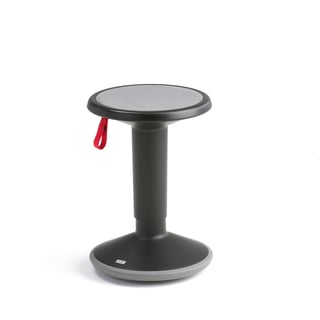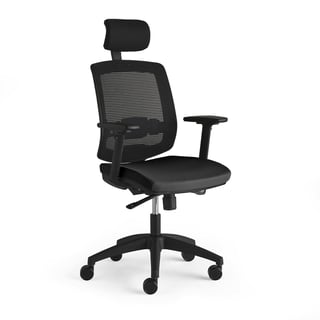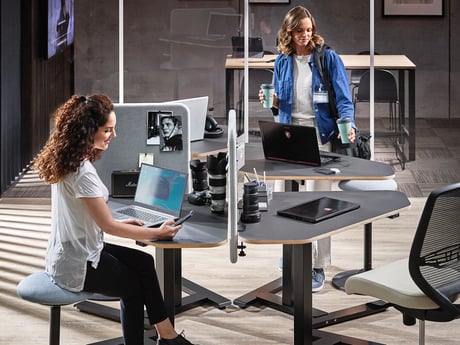
Generation Z needs your help in the workplace
Many may have thought that the younger generation would be the ones who had the easiest time adapting to teleworking during the pandemic. As they are usually more used and often also better at digital solutions than older generations. Mastering the technology is obviously an advantage when the office closes and the organization suddenly becomes completely online-based. But that knowledge lead does not seem to provide any benefit when it comes to personal well-being.
A study conducted by Microsoft shows that "Generation Z" - people born between 1997 - 2012, is the generation that experienced teleworking during the pandemic as the most painful. , have their voice heard during meetings or present new ideas compared to older generations.
A study conducted by Microsoft shows that "Generation Z" - people born between 1997 - 2012, is the generation that experienced teleworking during the pandemic as the most painful. , have their voice heard during meetings or present new ideas compared to older generations.
Feedback from employees and managers is especially important for young people
It is no news that good cohesion and community in the workplace make employees feel better. Good relationships at work make us more stress-resistant when faced with challenging tasks. It makes us more efficient and makes us likely to stay longer in the company. And perhaps most important of all - it makes it fun to go to work. With small measures, you can achieve great things when it comes to ensuring that staff thrive in the workplace.

Feedback from employees and managers is especially important for young people. It is important that you have frequent communication with the employee and convey that you as a manager are available even if you are not on site. It is more appreciated to receive a short email every day instead of a weekly summary on Mondays.
Take advantage of their skills and make them feel needed. For example, a young employee with knowledge of technology could supervise his older colleagues in the new digital landscape. In this way, relationships are also cultivated in the workplace.
Generation Z experiences high levels of stress and many suffer from anxiety and depression. Employers therefore need to be aware of and learn to recognize signals of mental illness and, above all, be able to assist with support and tools to make them feel better.
Take advantage of their skills and make them feel needed. For example, a young employee with knowledge of technology could supervise his older colleagues in the new digital landscape. In this way, relationships are also cultivated in the workplace.
Generation Z experiences high levels of stress and many suffer from anxiety and depression. Employers therefore need to be aware of and learn to recognize signals of mental illness and, above all, be able to assist with support and tools to make them feel better.













